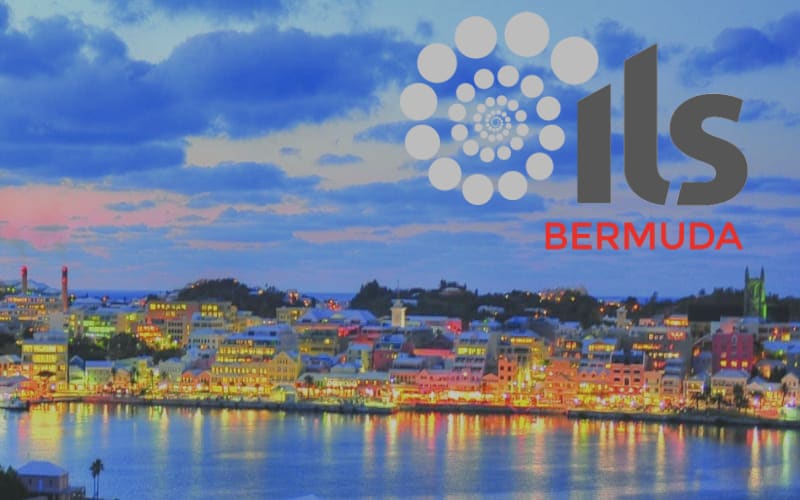ILS market size matters. We need to make it scalable: Convergence panel

During a panel session at the Convergence 2023 conference in Bermuda today, speakers from insurance-linked securities (ILS) managers explained that the market remains smaller than is really desired and there is a need to continue efforts to make it more scalable, to meet the needs of larger investors.
During a panel discussion about alpha versus beta and the differences in ILS fund manager strategies, panellists agreed that the ILS market can be too small for some of the larger investors and this can make securing allocations from them a challenge, or impossible.
Michael Jedraszak, Co-Founder & CIO at quota share reinsurance focused investment manager Tangency Capital, said for his strategy there can be a size sweet spot, from the manager perspective.
“There’s a sweet spot, the size of that sweet spot depends on the point in the cycle. Right now, you could probably be a bit bigger and get away with it, and I think returns are pretty healthy this year, maybe also next year. But in general, we tend to support people who care about capital, who don’t have an abundance of it,” Jedraszak said.
Adding, “That offers them the opportunity to be a bit more selective around risk and not have to write everything, to fill the capital pool and so, we have ways of defining what that means and I think it is quite relevant.”
But he acknowledged that overall, the size of the ILS market comes with its constraints.
Saying, “The size of the space can be problematic for investors, because if somebody really is big and really likes it they can actually destabilise the pricing, especially in a segment… it’s about affecting the pricing in the segment by introducing too much capital into it.
“So there will definitely be investors that will just never be able to invest in this space, or never be able to participate, because it is just too small.”
For Vincent Prabis, Managing Principal at Hiscox ILS, the ILS investment management arm of the global insurance and reinsurance group, size really is crucial given the market segment the Hiscox ILS strategies are focused on.
“On our side, because we participate on collateralized reinsurance, size does matter,” Prabis explained. “If we move out of ILS for one second and go back to the broader reinsurance sector, which many of you have worked in or still work in, size matters. It’s a huge difference whether you’re number one, number two or number three, on the panel.
“You get preferred terms and condition, preferred treatments, you get the call when there’s a need for particular capital.
“So being able to access the reinsurance market, as high as you can on that list, on that panel with with 20, up to 40 names, makes a big difference.”
Prabis went on to highlight that the alignment with parent Hiscox means the Hiscox ILS risk sourcing efforts can leapfrog higher up that list, than it would based on just its own collateralized reinsurance capacity.
“So that’s one of the advantage we have in the aligned model, partnering with a reinsurance company that on many of those factors is sufficiently high to get those preferential treatments. So size matters,” he said.
Prabis then called for the market to continue expanding and cited the need for continued growth of ILS.
“What Michael said about the size of the market is true, we need to make it scalable,” Prabis commented. “It is an issue for many prospects that are wondering, is it worth it, I’m going to spend months and years looking at this, investing effort into it, but it doesn’t make sense if I can only invest a little.”
“We need to show that we can grow with them. That’s the key to how ILS will develop,” Prabis added. “It’s finite, we need to find ways to make it larger.”
Lixin Zeng, Managing Partner at independent asset manager Integral ILS, concurred that size is a factor, but also highlighted that this can actually be a factor in the alpha an ILS manager can generate.
“Since the market is small, I think it’s generally good for those managers whose objective is to pursue alpha,” Zeng explained. “Because if the market is small it means there’s less participants, there’s less price discovery, there’s more inefficiencies, so it just creates a necessary condition for you to create alpha.”
He went on to also say, “But there are also disadvantages, because it’s less efficient, less participation and it’s very hard if you want to just replicate a market return, it’s pretty hard to create a market return or average return.
“You almost have to practice active management in this space to generate a reasonable portfolio.”
Also read:
– The “most pronounced” risk-adjusted ILS returns: Tangency’s Stanton at Convergence.
– Bermuda remains world-leader for cat bonds, ILS and Convergence.






